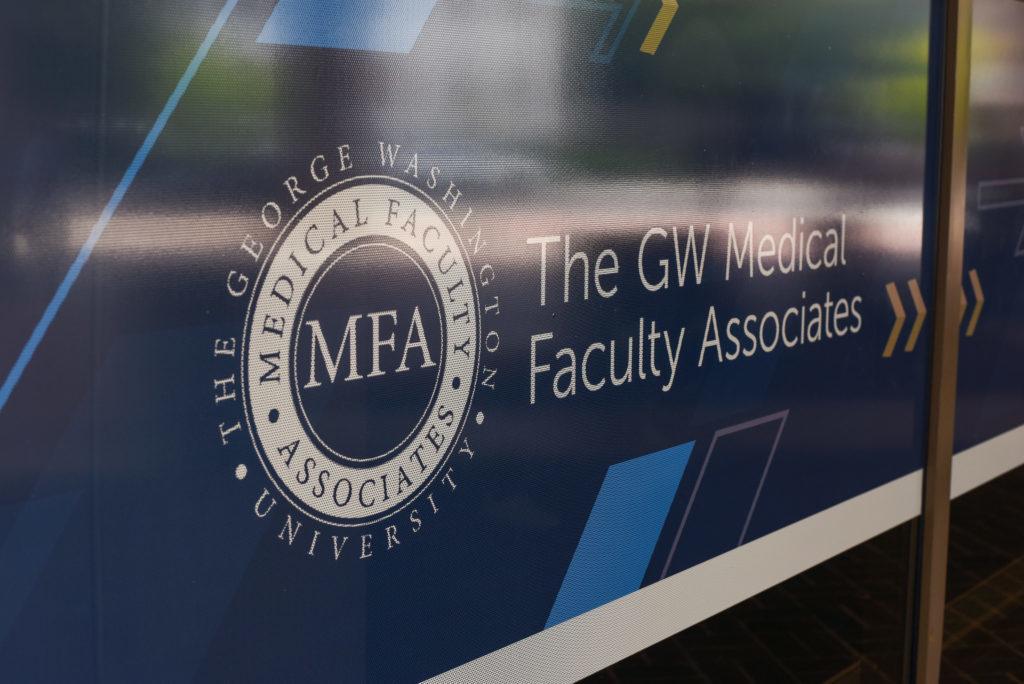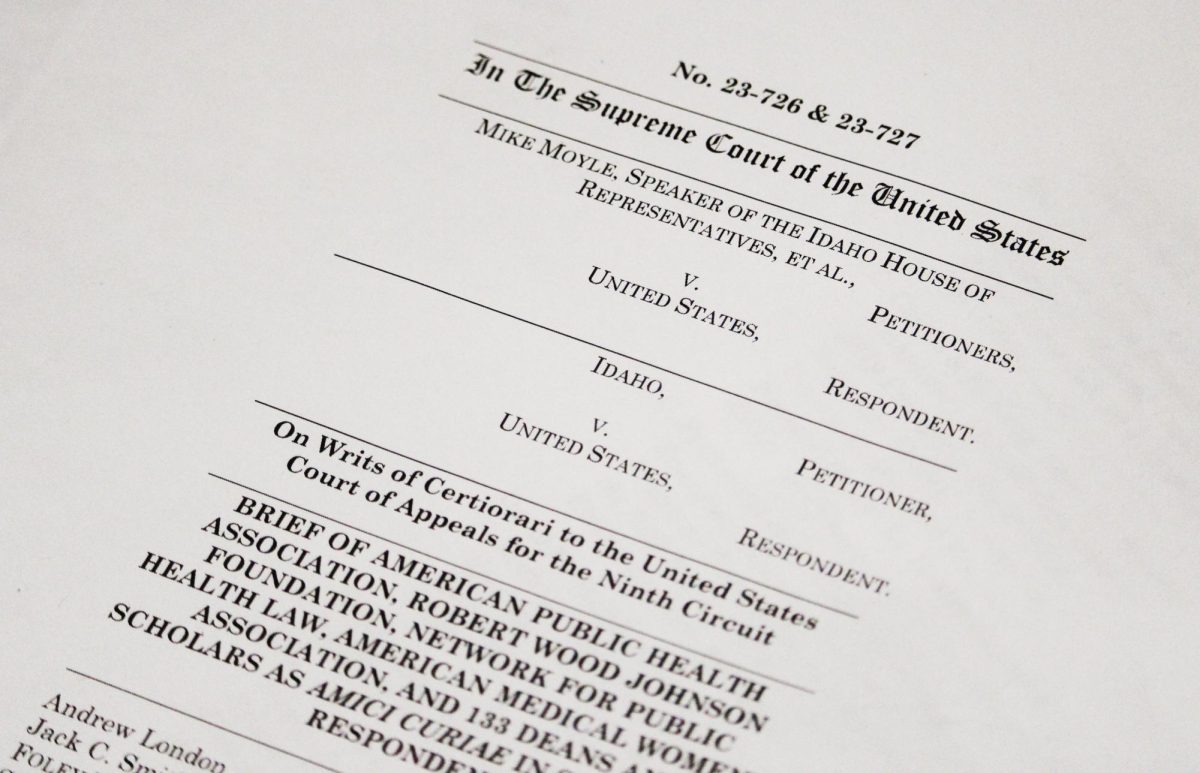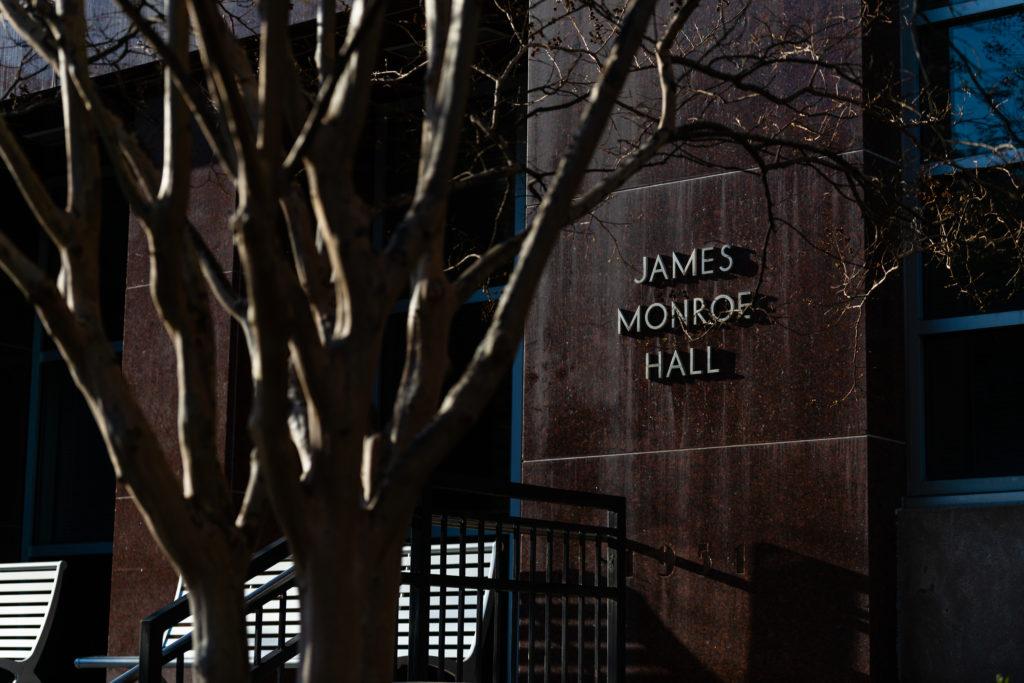GW was selected as one of about 25 sites in the United States to participate in a new COVID-19 vaccine trial, officials announced Wednesday.
Researchers from the School of Medicine and Health Sciences, the Milken Institute School of Public Health and the Medical Faculty Associates will launch a Phase Two study for Sanofi’s COVID-19 vaccine clinical trial, which is developing an “adjuvanted recombinant protein-based” COVID-19 vaccine candidate, according to a release. GW plans to recruit 40 participants for the vaccine trial, and volunteers must be at least 18 years old with at least half over the age of 60, the release states.
“Our research team at GW is proud to play a role in testing COVID-19 vaccine candidates to help end one of the greatest public health challenges of our time,” David Diemert, the principal investigator for GW’s arm of the trial, said in the release. “We know that in order to end this pandemic, we’ll need more than one approach to make sure we have enough effective vaccines available for everyone. We are excited to begin recruiting volunteers for the Sanofi COVID-19 vaccine trial in the coming weeks.”
The volunteers will receive two doses of the vaccine, although specific groups will receive higher and lower amounts of the vaccine, the release states. The study is set to continue through 2022, but the main results of the clinical trial are expected by the second quarter of 2021, according to the release.
If the clinical trial yields positive results, a third phase to study the vaccine’s efficacy could begin in the second quarter of this year, the release states. If the results of the Phase Three trial are also positive, the study would move to regulatory submissions, a series of documents sent by a drug company to a health authority as evidence of compliance, in the second half of the year, according to the release.
If the vaccine is approved, it is expected to be available in the fourth quarter of 2021, the release states.
The University launched clinical trials for Moderna, Inc.’s COVID-19 vaccine last August, and the GW Hospital was named a distribution site for Pfizer’s vaccine in December.








